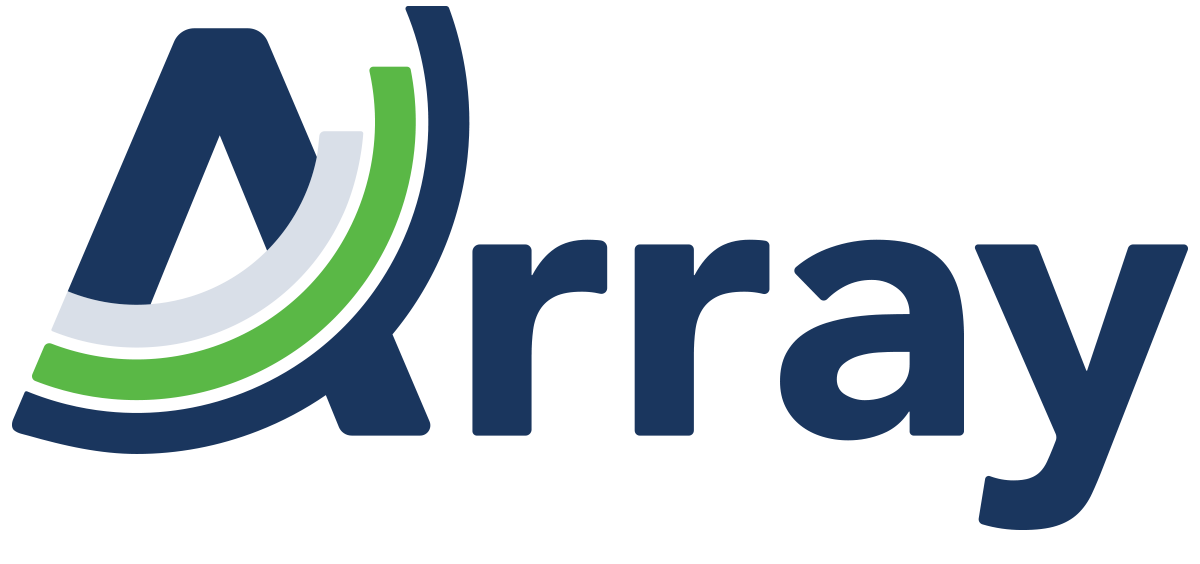Every week, the Array team reviews the latest news and analysis about the evolving field of eDiscovery to bring you the topics and trends you need to know. This week’s post covers the period of October 28-November 3. Here’s what’s happening.
More State Courts Weigh in on AI
As Bob Ambrogi wrote on LawSites, two state courts have taken action in the past few weeks on use of generative AI.
In late October, the Supreme Court of the State of Delaware issued an order adopting an Interim Policy on the Use of GenAI by Judicial Officers and Court Personnel. The policy governs all state judicial branch officers, employees, law clerks, interns, externs, and volunteers (defined as “Authorized Users”). There are five specific policies, including that the Authorized User is ultimately responsible for the output of any gen AI and that Authorized Users must have working knowledge and understanding of any tools they use.
The interim policy follows on a 2023 order expanding the focus of the Delaware Commission on Law and Technology. That order noted that, “In today’s practice, competency includes a level of proficiency in the use of available technology,” and required the commission to submit a report on its activities beginning in April 2025.
Similarly, the Judicial Council of Georgia had previously formed a committee to “assess the risks and benefits” of gen AI in the courts. Its mandate includes surveying best practices on use of AI in the courts, examining the impact of AI on trial evidence, considering the effectiveness of ethical and professional rules, and more. The committee held its first meeting on October 23.
These new efforts represent ongoing adoption of guidance in state courts for use of generative AI by the judiciary and/or lawyers practicing before those courts. While these documents may not specifically address eDiscovery, the guidance for attorneys (like these examples from Louisiana and New Jersey) often points to existing obligations of competency and confidentiality that are implicated in selecting and using eDiscovery tools.
Court Holds Wiretap Law Doesn’t Cover Web Tracking
Sometimes the type of electronically stored information (ESI) collected during a case is intrinsically tied to the cause of action. As existing laws are applied to new technologies and forms of communication, companies must be aware of what records are kept, how and why they are kept, and the legal implications of retaining and using such data.
In a recent decision, the Massachusetts Supreme Judicial Court held that the state’s wiretap law did not apply to the collection and sale of an individual’s web browsing data by the defendant hospitals. In Vita v. New England Baptist Hosp., plaintiff Kathleen Vita claimed that she had accessed the hospitals’ websites to search for information about doctors, procedures, and symptoms, and that the hospitals “shared information regarding Vita’s browsing with third parties for advertising purposes without her consent” in violation of Massachusetts wiretap law.
The court disagreed. “The Legislature crafted the statute to prohibit new and evolving technological means of secret electronic eavesdropping on such person-to-person conversations or messaging, whether they be face-to-face conversations, calls on a landline telephone, cell phone calls, text messages, Internet chats with other people, e-mail messages, or other interpersonal conversations or messaging utilizing future technology,” the court stated, noting that the plaintiff’s claims did not relate to these types of person-to-person conversations.
Although the hospitals did not violate the wiretap statute, the court noted that their conduct could give rise to other types of claims relating to the handling of confidential information.
“This decision is particularly notable because it is the first decision by a state Supreme Court that grapples with how to apply state analog-era wiretap statutes to modern pixel technology,” noted the WilmerHale Privacy and Cybersecurity Law blog. “However, it is unlikely to be the last as plaintiffs continue to bring lawsuits against companies for their use of trackers under these older state wiretapping statutes (particularly California’s Invasion of Privacy Act).”
In other words, web tracking data is likely to be at the center of a variety of case theories. Companies that use this type of data, and their attorneys, must consider the eDiscovery implications. It is important to periodically review data collection practices as privacy and other laws change and existing laws are expanded to cover new technologies.
Other recent eDiscovery news and headlines:
- Today’s Tech: Tools, Not Toys. What You Need Now. (Un-Billable Hour podcast)
- A Look at Gen AI’s Potential in E-discovery (Law.com)
Julia Helmer; Director, Client Solutions
With 15 years of expertise, Julia excels at optimizing enterprise eDiscovery workflows from start to finish. With a deep understanding of how to seamlessly integrate workflows across various eDiscovery platforms, Julia creates tailored solutions for data identification, legal holds, ESI collections, and productions. By harnessing the power of Technology Assisted Review and Analytics, she delivers efficient, cost-effective results that align with best practices and budgetary constraints. Julia’s exceptional communication and customer service skills have fostered strong, lasting relationships with both clients and Project Management teams, enabling her to effectively problem-solve and drive success across numerous projects.

